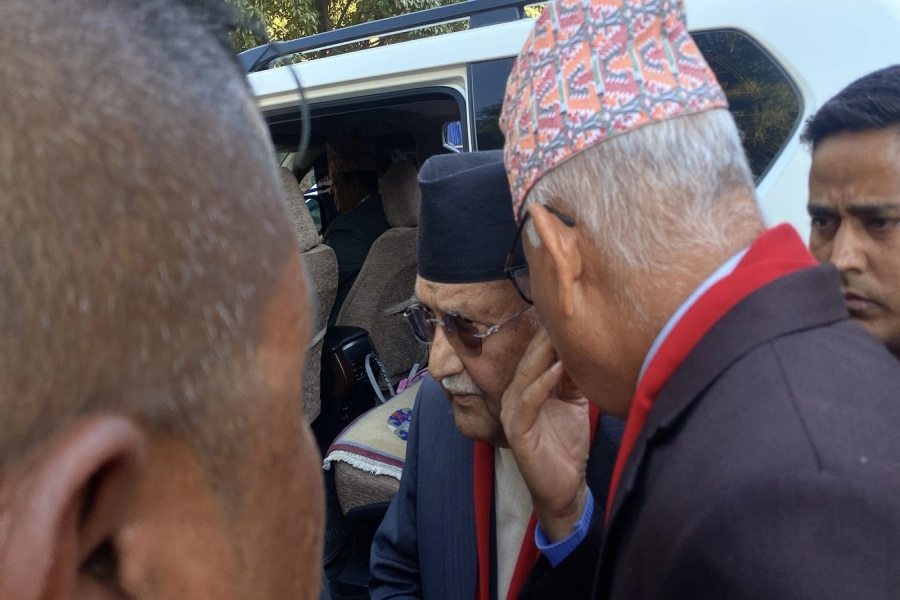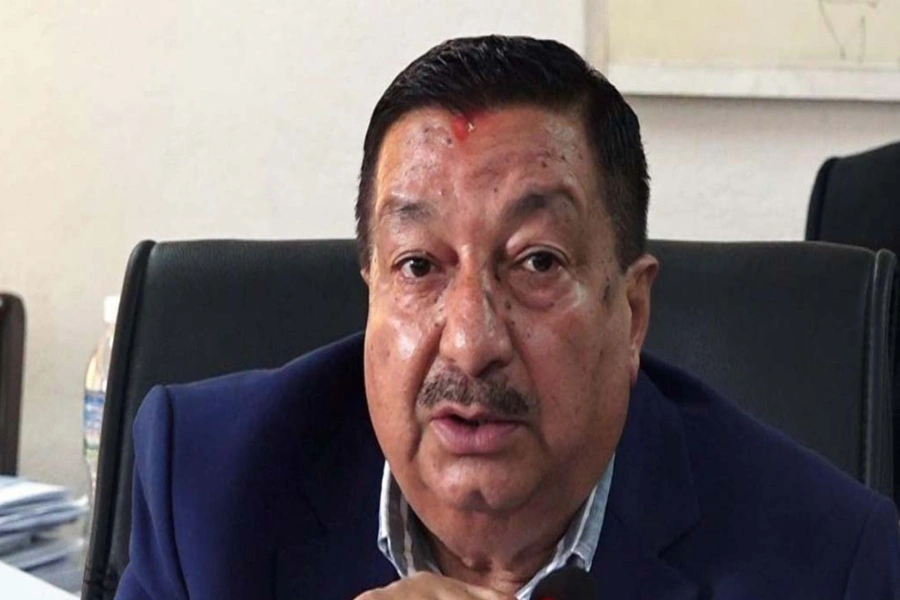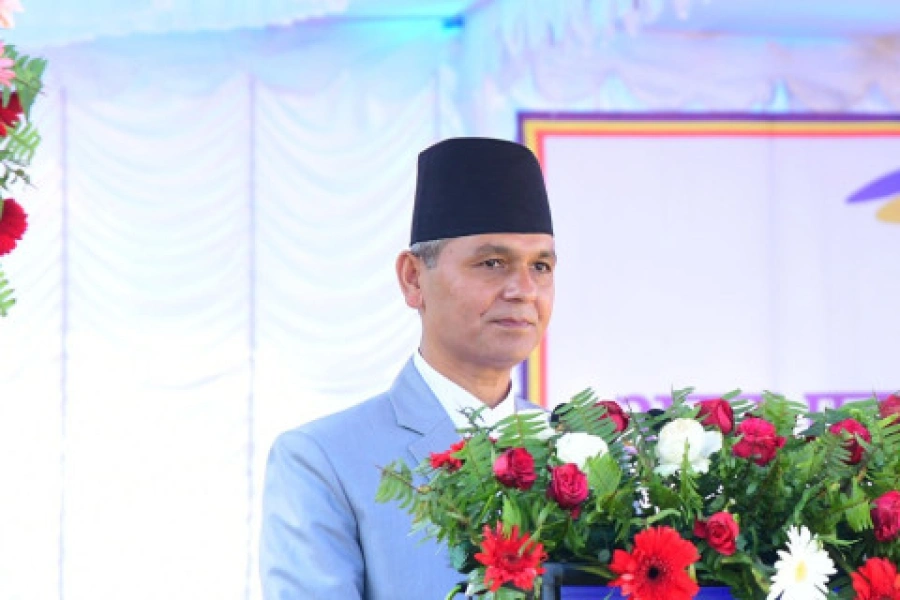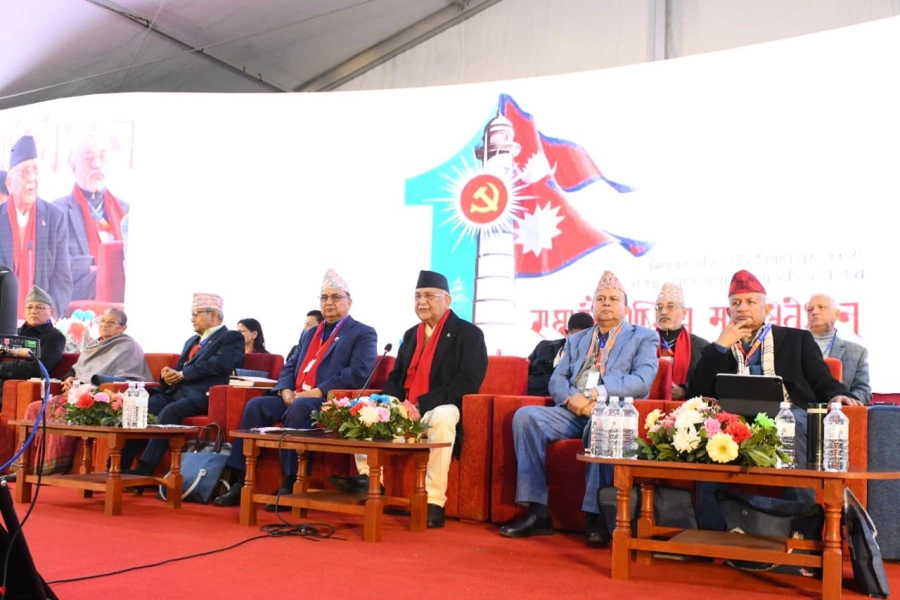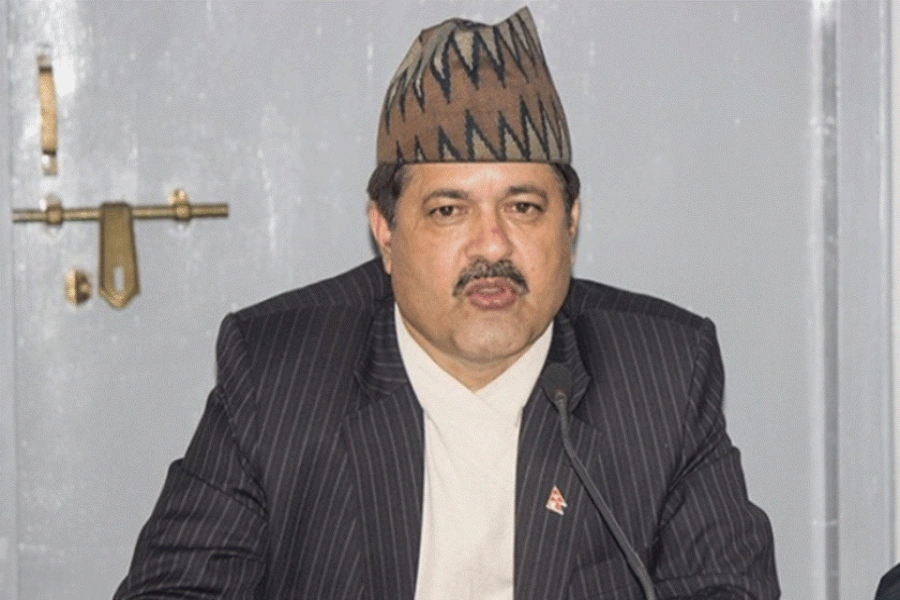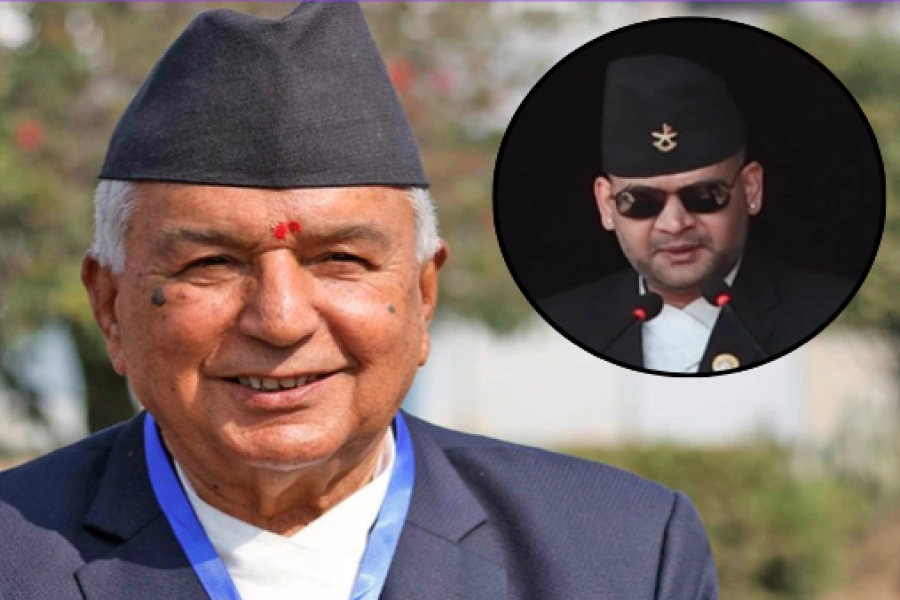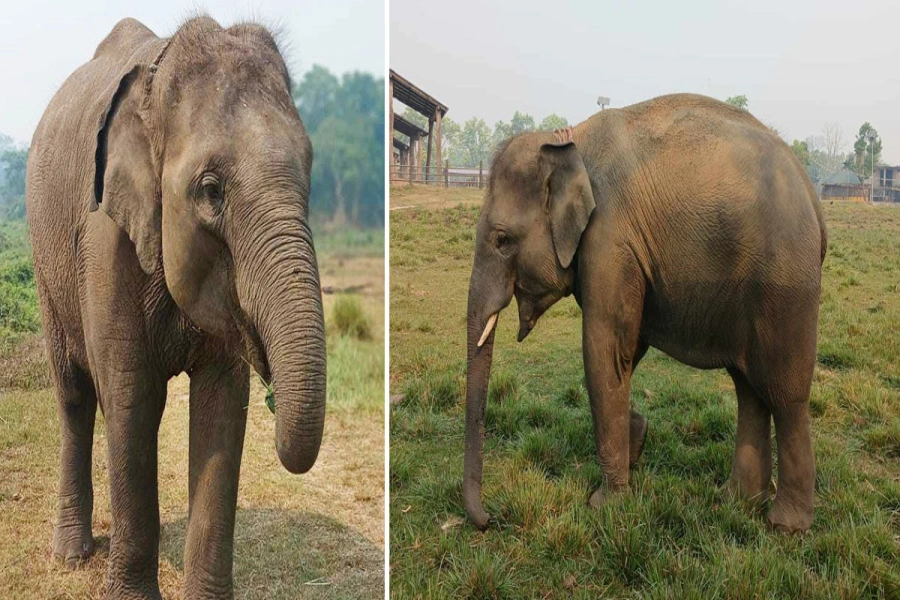The imported number of EVs was more than double in review period
KATHMANDU, July 26 : Nepal imported 4,050 units of electric cars worth Rs 11.84 billion in the last fiscal year.
The records with the Department of Customs (DoC) show the environment-friendly four-wheelers posted record high imports in the fiscal year 2022/23. The imported vehicles were more than double of 1,807 units imported in the previous year.
Electric microbuses imported via Rasuwa checkpoint
_20200706125809.jpg)
Despite the government’s inconsistent policies, the import of the electric vehicles (EVs) has posted record high growth. Nepal mostly imports the EVs with capacity of 50-100 kilowatts, while the import of those in capacity of more than 200 kW is negligible.
Along with a whopping rise in the imports of EVs, the country’s expense in this segment also surged as much as double in the review year. In 2021/22, Nepal imported electric cars worth Rs 5.31 billion.
According to the officials of the Nepal Electricity Authority (NEA), the imports grew by a notable number after there was an expansion in the charging facilities. There are a total of 231 charging stations operating across the country. Of them, the NEA has installed 51 charging stations while 150 are small capacity charging stations operated by the private sector. Similarly, 30 fast charging stations are also in operation.
During the review period, a total of 3,759 units of EVs of up to 50 kW worth Rs 10.78 billion were imported. In the range of 50-100 kW, the import of EVs was 272 units worth Rs 946.18 million, while 15 EVs of 100-200 kW worth Rs 79.77 million and only four EVs of 200-300 kW worth Rs 26.21 million were imported.
The government through the budget has increased the customs and excise duty up to 15 percent on entry-level EVs, which are in high demand in Nepal. The customs duty and excise tax on electric cars between 50 to 100 kilowatts were increased by 5 and 10 percent, respectively.
Likewise, each of the customs duty and excise duty on vehicles between 100 to 200 kW has been decreased to Rs 20 percent from 30 percent. The customs duty on EVs in the range of 200-300 kW has been reduced to 30 percent from 45 percent, while the excise duty in this range of EVs has been reduced to 20 percent from 30 percent.
The customs duty for vehicles with a capacity of more than 300 kW has been maintained at 40 percent from between 45-60 percent. Excise duty has been maintained at 45 percent in this range of EVs.
Apart from the EVs, consumers’ attraction towards hybrid cars is also increasing. According to the DoC, Nepal imported 48 hybrid cars worth Rs 199.98 million. Similarly, the country spent Rs 676.19 million to import 6,914 units of electric three wheelers during the review period.





